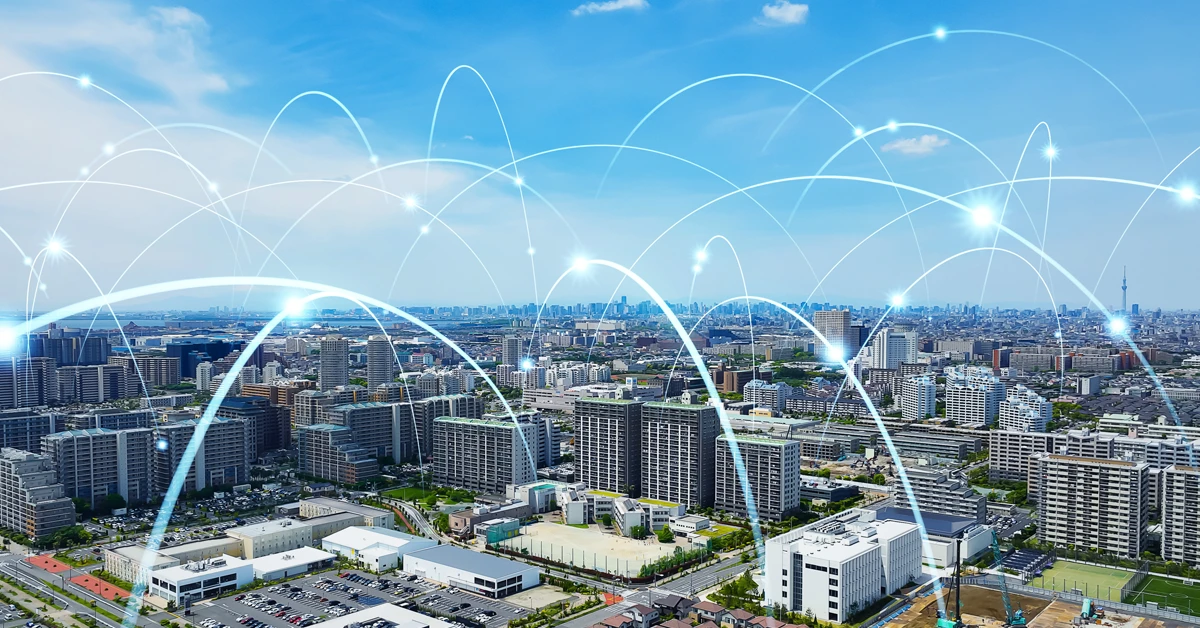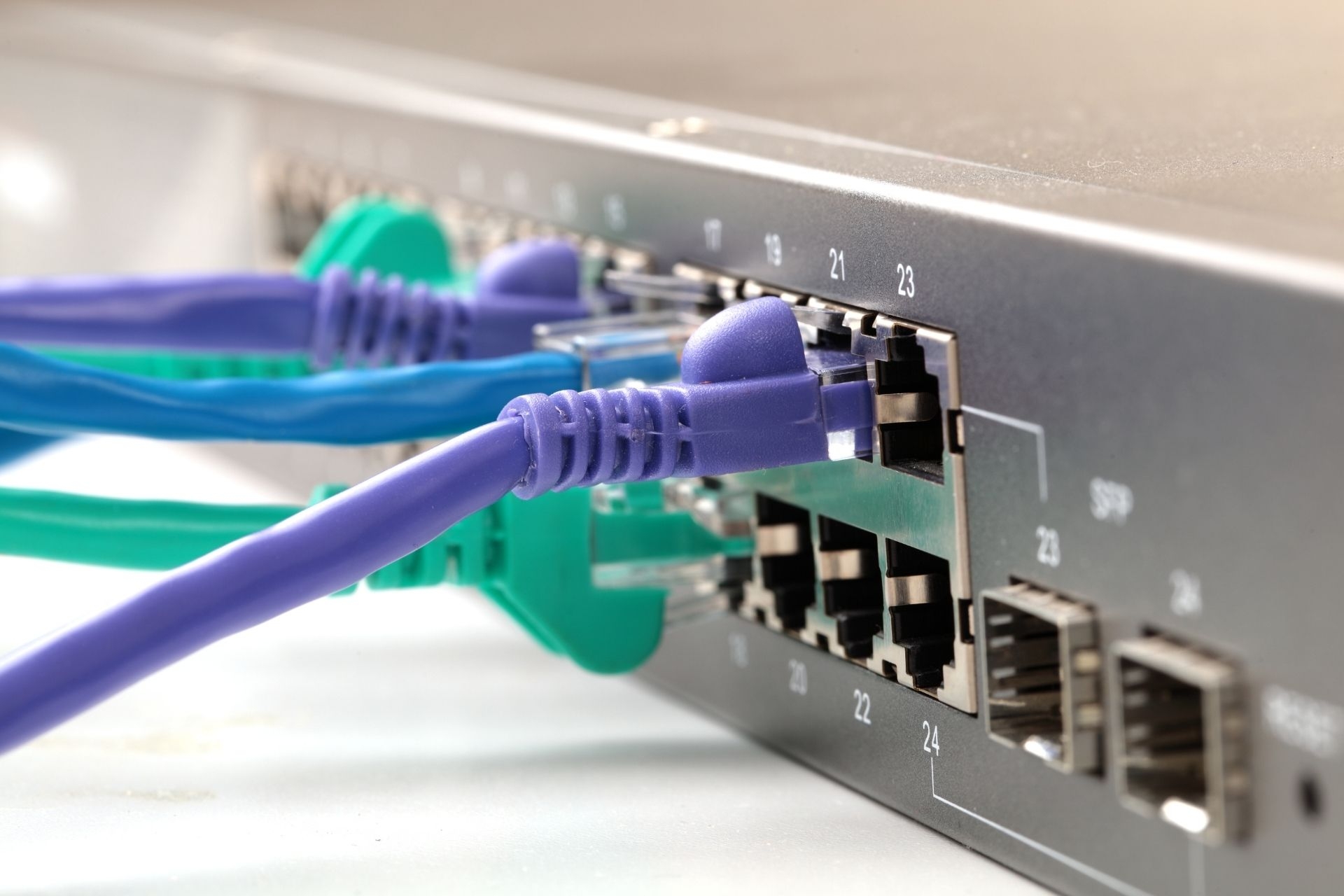The process of joining an Internet Exchange Point (IXP) for an Internet Service Provider (ISP) involves several steps. First, the ISP must research and identify the most suitable IXP based on factors such as location, peering policies, and network reach. Once a decision is made, the ISP needs to submit an application to the IXP, providing details about their network infrastructure, traffic volume, and peering requirements. After the application is reviewed and approved, the ISP will need to establish physical connections to the IXP's infrastructure, either through direct cross-connects or through a third-party provider. Finally, the ISP will need to configure their network to peer with other members of the IXP, exchange routing information, and monitor traffic flow to ensure optimal performance. Throughout this process, the ISP may need to negotiate peering agreements, comply with the IXP's policies, and participate in community forums to stay informed about network developments and best practices.








